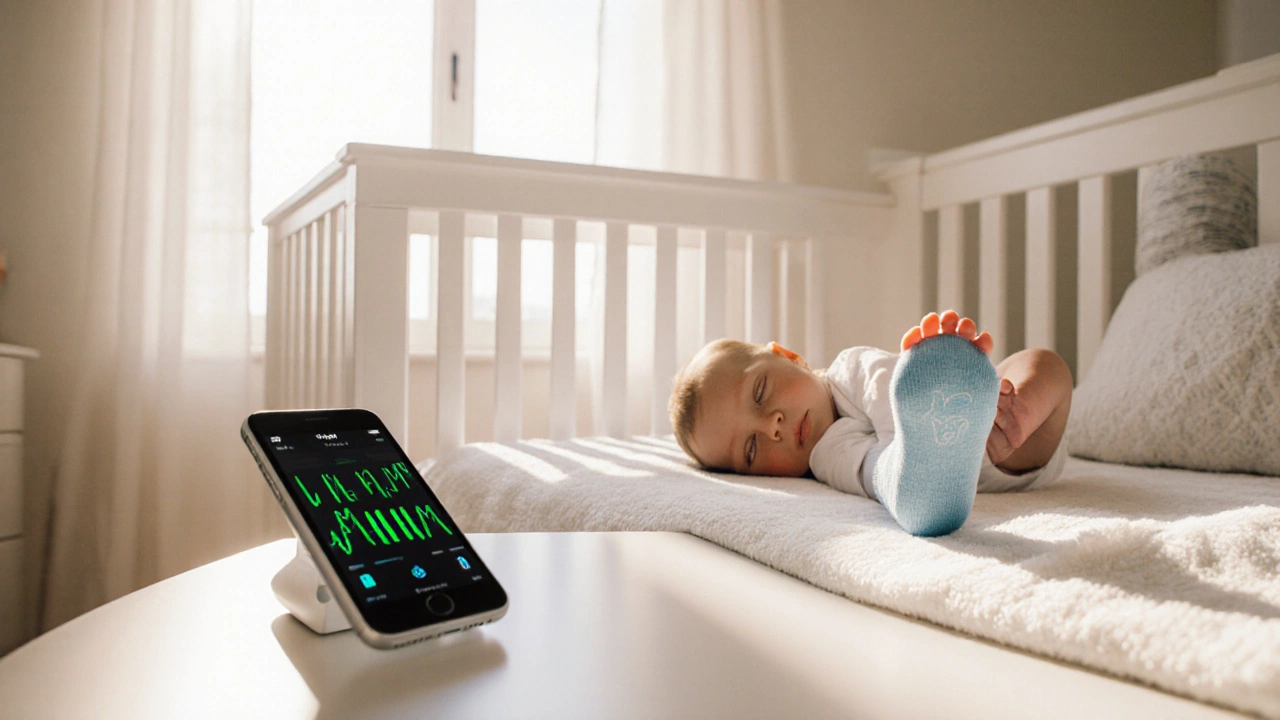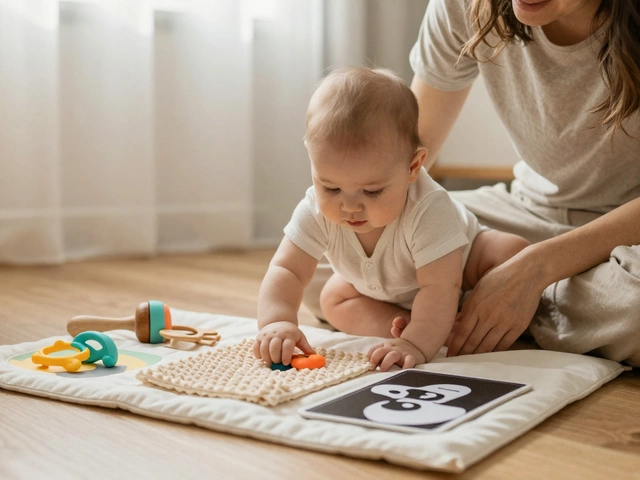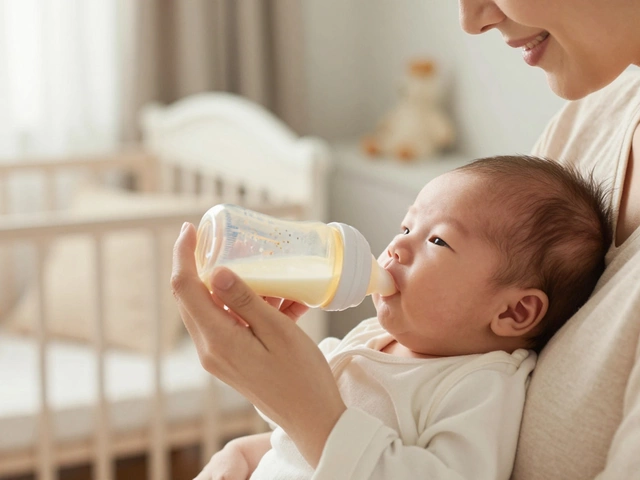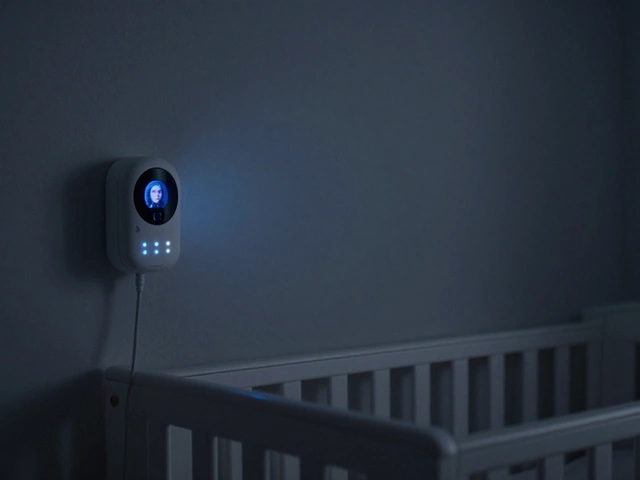Pediatrician Concerns: What Every Parent Should Know
When dealing with pediatrician concerns, the medical issues and safety questions that doctors raise for children from newborns to early teens. Also known as child health worries, this area covers everything from feeding habits to product safety. Closely linked are child safety, the set of practices that keep kids out of harm’s way at home and on the go and infant health, the early‑life physiological wellbeing that pediatricians monitor. Understanding these core ideas helps you spot the right advice and avoid common pitfalls.
Key Areas Linked to Pediatrician Concerns
One major pediatrician concern is product safety, which directly affects baby product safety, how well strollers, carriers, gates, and monitors meet health standards. For example, choosing a carrier that keeps your infant “close enough to kiss” ensures a safe airway—a point many doctors stress. Similarly, installing baby gates at the top of stairs, not the bottom, follows safety guidelines that pediatricians recommend to prevent falls. These details illustrate the semantic triple: Pediatrician concerns require proper baby product safety; proper baby product safety enhances child safety; and child safety supports infant health.
Another frequent topic is nutrition and feeding practices. Pediatricians warn against adding salt to a baby's diet because excess sodium can strain developing kidneys—a clear link between infant health and dietary guidelines. They also advise on bottle‑feeding speed, noting that drinking too fast can cause gas and reflux. These points create the triple: Pediatrician concerns include infant nutrition; infant nutrition influences infant health; and infant health guides parental feeding decisions.
Parental guidance itself is an entity that shapes how families address concerns. Doctors often suggest when to transition from a crib to a toddler bed, usually around age two, based on developmental cues. They also recommend when to move a child to a booster seat, tying legal weight limits to safety outcomes. This shows another triple: Pediatrician concerns drive parental guidance; parental guidance determines safe product choices; safe product choices reduce injury risk. By tracking these connections, you’ll see a clear roadmap from medical advice to everyday actions.
Below you’ll find a curated collection of articles that dig into each of these topics—carrier safety, monitor set‑up, gate placement, stroller pricing, nutrition tips, and more. Use them as a practical toolkit to answer the specific pediatrician concerns that matter to you and keep your child safe, healthy, and happy.

Why Pediatricians Warn About Owlet Baby Monitors
Explore why many pediatricians express concerns about Owlet baby monitors, covering safety, RF exposure, accuracy, and practical tips for parents.
view more




